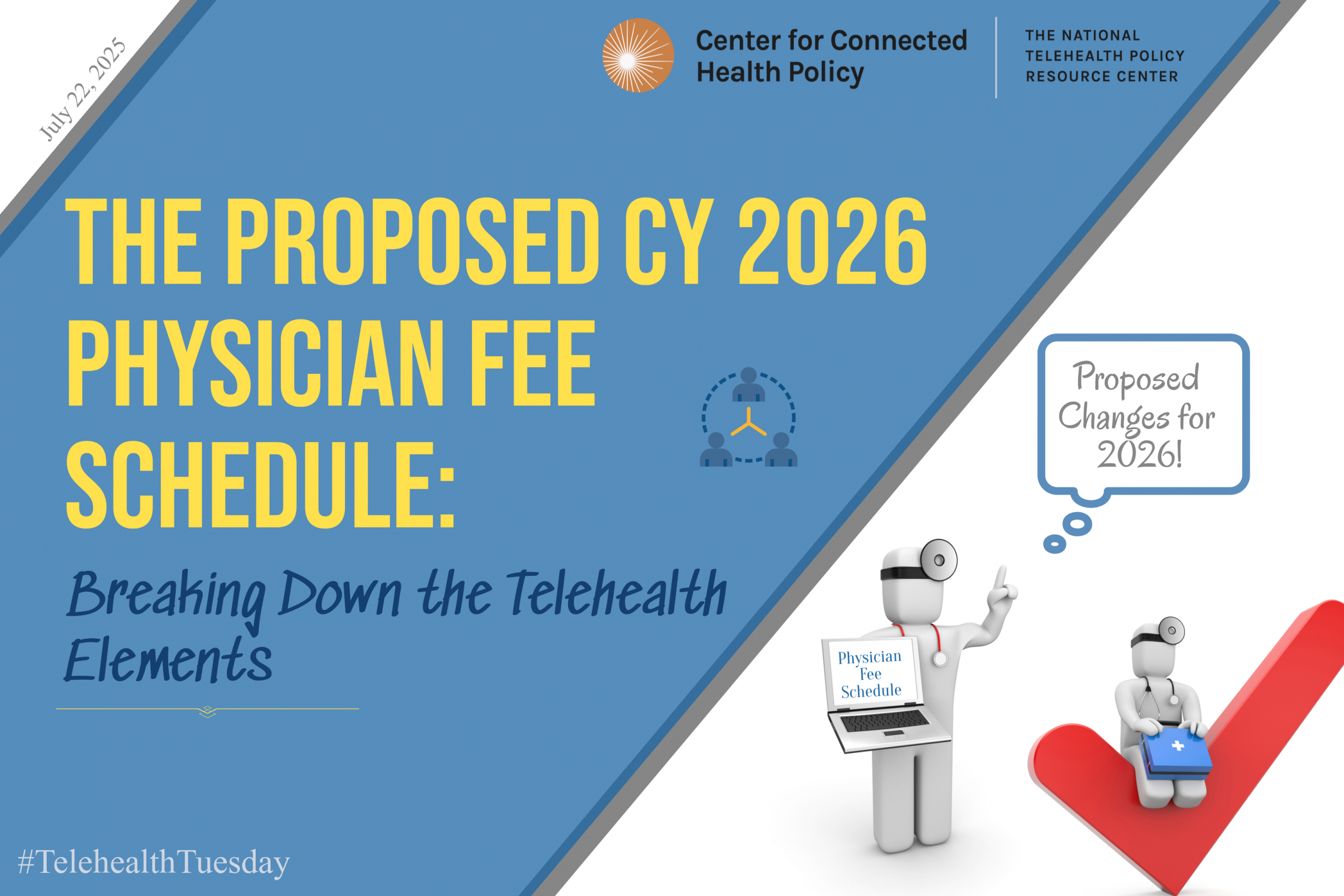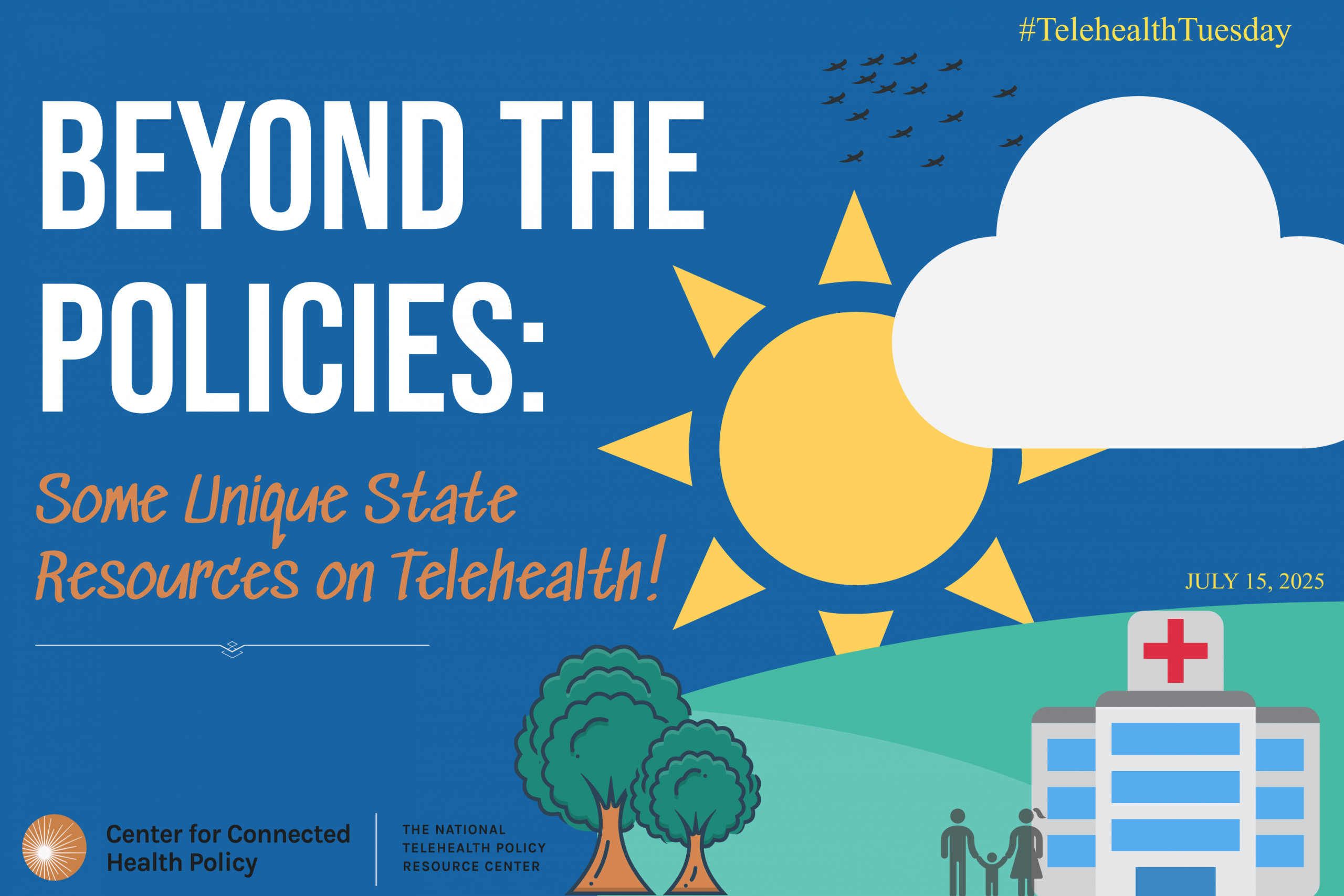The Proposed CY 2026 Physician Fee Schedule – Breaking Down the Telehealth Elements

Much of the telehealth community has been waiting to see what the Centers for Medicare and Medicaid Services (CMS) will be proposing in the 2026 Physician Fee Schedule (PFS). The wait was over when on July 14, 2025 the unpublished version of the 2026 PFS was released (the official version was subsequently published in the Federal Register). For those who are unfamiliar, the PFS is the vehicle CMS uses to update, change or introduce new policies that will impact the Medicare program for the following year. Unless otherwise stated, the policies typically go into effect on the first of the new year.




